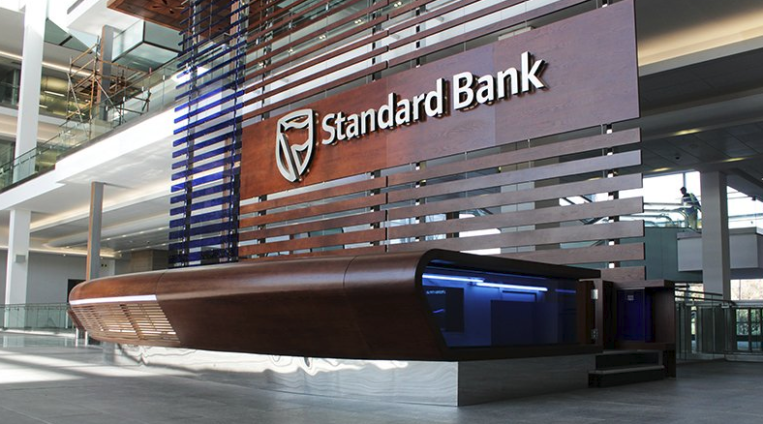Despite the challenges, Ghana’s economy is expected to expand by 6.2% in 2022 and subsequently grow by 6.8% in 2023, Standard Bank, the parent company of Stanbic Bank has revealed.
This is in consistent with the forecast by International Monetary Fund which also pegs the growth rate of the country at 6.2% in 2022.
It said the government has made significant progress in vaccinations and the further easing of COVID-19 restrictions will stimulate demand and supply within the economy.
On a quarter-on-quarter basis, the mining and quarrying sub-sector grew by 16.9% in 2021, from an average contraction of 10.7% in the 6 months to June 2021, implying that growth momentum may be recovering.
“On a quarter-on-quarter basis, the mining and quarrying sub-sector grew by 16.9%, from an average contraction of 10.7% in the 6-m to Jun 21, implying that growth momentum may be recovering. Gold production from underground ore sources should commence from January 22, 2022 at the Obuasi mine. New contracts to conduct mining activities at the Bibiani mine have already been awarded, which should boost investment in the sector over the next few years."
“However, ongoing global supply chain challenges could restrain growth in the cocoa and industrial sub-sectors in 2022", it added.
Balance of payments – imports likely to be higher
The report said the Current Account deficit is likely to widen to 5.0% of Gross Domestic Product (GDP) in 2022, from an expected 3.9% for 2021.
“Whereas we expect a recovery in gold production and exports over the coming year, we simultaneously also see a notable rise in the imports of goods. As the economy continues to recover from the pandemic, non-oil imports may increase further. Also, given the government’s expansionary fiscal policy stance, capital goods imports will likely remain elevated over the next two year. Higher international oil prices too could continue to widen the trade balance."
Furthermore, “cocoa production and exports could still be dragged lower due to fertiliser shortages. As of Q2:21, cocoa and gold exports combined accounted for around 55.3% of total merchandise exports.”
Eurobond market access diminishes
It again pointed out that the country’s ability to tap the Eurobond market may further diminish, whilst the foreign exchange reserves could remain under pressure unless the government acquires alternative sources of external financing.
“As global risk may worsen further in the first-half of 2022, and Ghana’s ability to tap the Eurobond market may further wane. Foreign exchange reserves could remain under pressure in 2022 — unless the government acquires alternative sources of external bilateral and multilateral funding.”
Latest Stories
-
DAMC, Free Food Company, to distribute 10,000 packs of food to street kids
34 minutes -
Kwame Boafo Akuffo: Court ruling on re-collation flawed
54 minutes -
Samuel Yaw Adusei: The strategist behind NDC’s electoral security in Ashanti region
56 minutes -
I’m confident posterity will judge my performance well – Akufo-Addo
1 hour -
Syria’s minorities seek security as country charts new future
2 hours -
Prof. Nana Aba Appiah Amfo re-appointed as Vice-Chancellor of the University of Ghana
2 hours -
German police probe market attack security and warnings
2 hours -
Grief and anger in Magdeburg after Christmas market attack
2 hours -
Baltasar Coin becomes first Ghanaian meme coin to hit DEX Screener at $100K market cap
3 hours -
EC blames re-collation of disputed results on widespread lawlessness by party supporters
3 hours -
Top 20 Ghanaian songs released in 2024
3 hours -
Beating Messi’s Inter Miami to MLS Cup feels amazing – Joseph Paintsil
4 hours -
NDC administration will reverse all ‘last-minute’ gov’t employee promotions – Asiedu Nketiah
4 hours -
Kudus sights ‘authority and kingship’ for elephant stool celebration
4 hours -
We’ll embrace cutting-edge technologies to address emerging healthcare needs – Prof. Antwi-Kusi
4 hours

